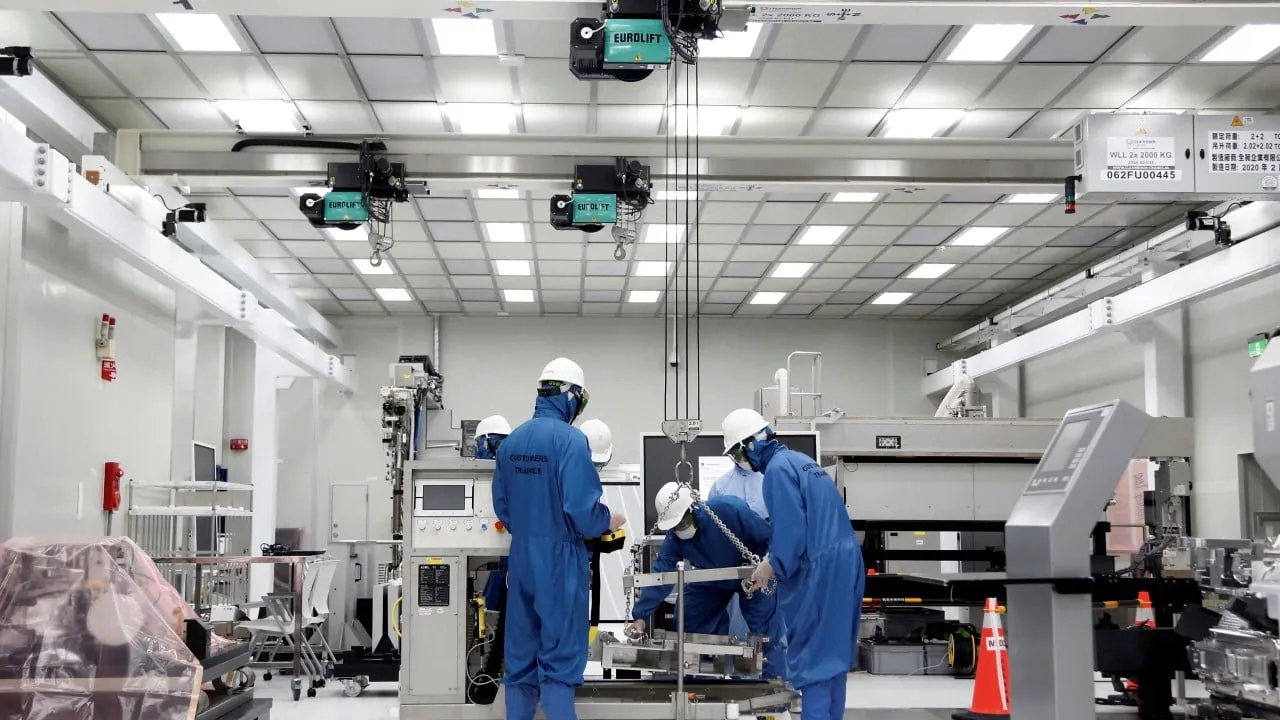Chip Equipment and Trade Restrictions: The Netherlands' Impact on China

Chip Equipment Crisis: Dutch Export Controls Affecting China's Semiconductor Industry
Trade restrictions on chip equipment are significantly impacting China's chip industry, especially after the Netherlands announced new controls affecting ASML. These export regulations require ASML to seek licenses to service its advanced immersion DUV machines, the 1970i and 1980i models, critical to production in Chinese semiconductor plants.
Understanding the New Export Controls
The export regulations align Dutch policies with US restrictions aimed at protecting national security. ASML's role in supplying the Chinese market, where it has operated since 1988, has now come under scrutiny, raising concerns about maintaining production yields. Vendors must have service engineers available 24/7, and any disruption jeopardizes productivity and efficiency.
Long-Term Consequences for the Chip Industry
- Service Limitations: The inability to maintain essential machinery could lead to severe production slowdowns.
- Market Share Risks: ASML risks losing its grip on the lucrative Chinese market if regulation continues.
- Future of Semiconductor Manufacturing: As technology advances, access to updated systems is crucial.
Industry professionals caution that losing access to ASML’s services could pose significant challenges to Chinese semiconductor factories. The long-term effects of these restrictions could reshape the competitive landscape of the global chip industry.
This article was prepared using information from open sources in accordance with the principles of Ethical Policy. The editorial team is not responsible for absolute accuracy, as it relies on data from the sources referenced.